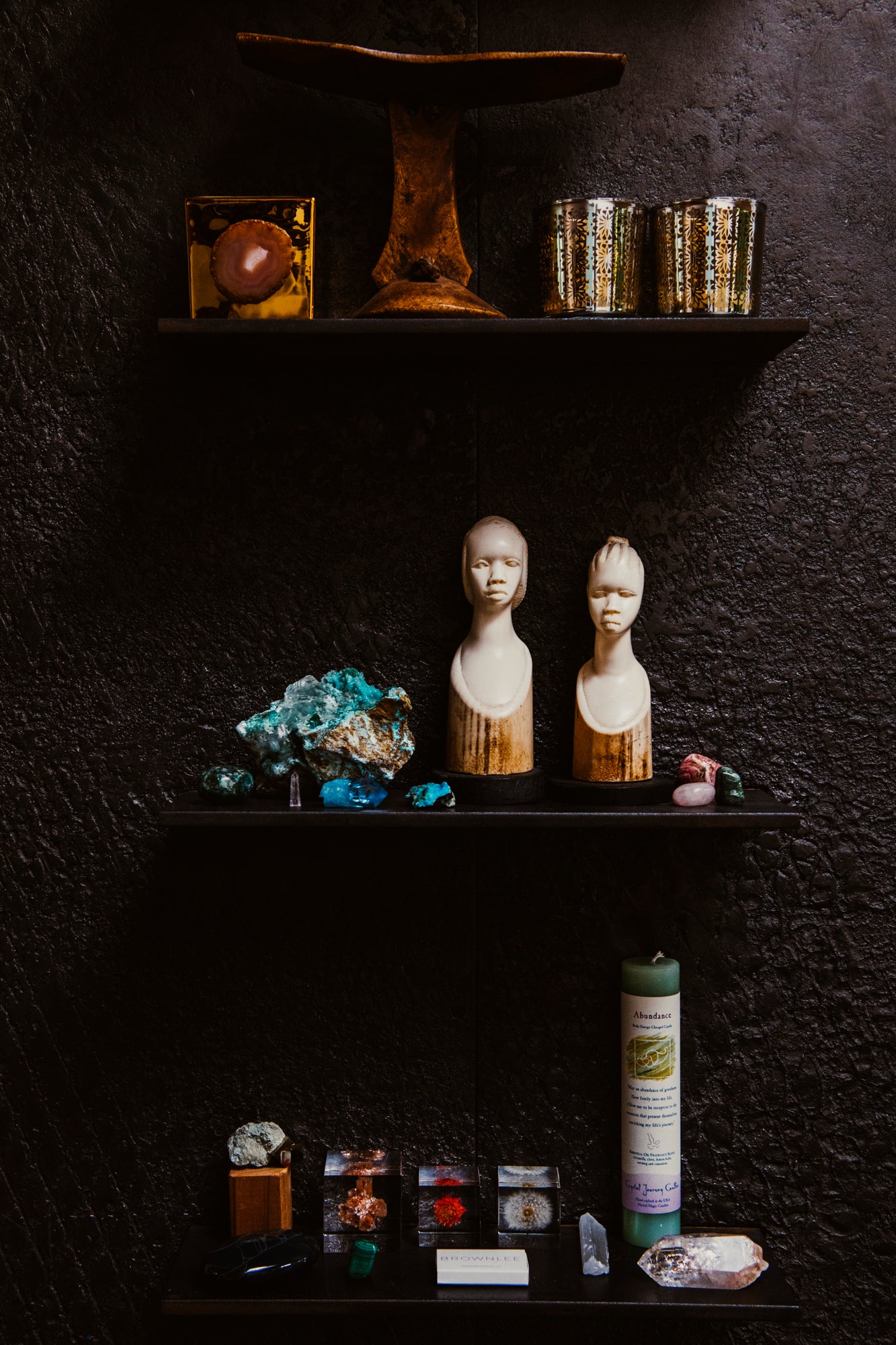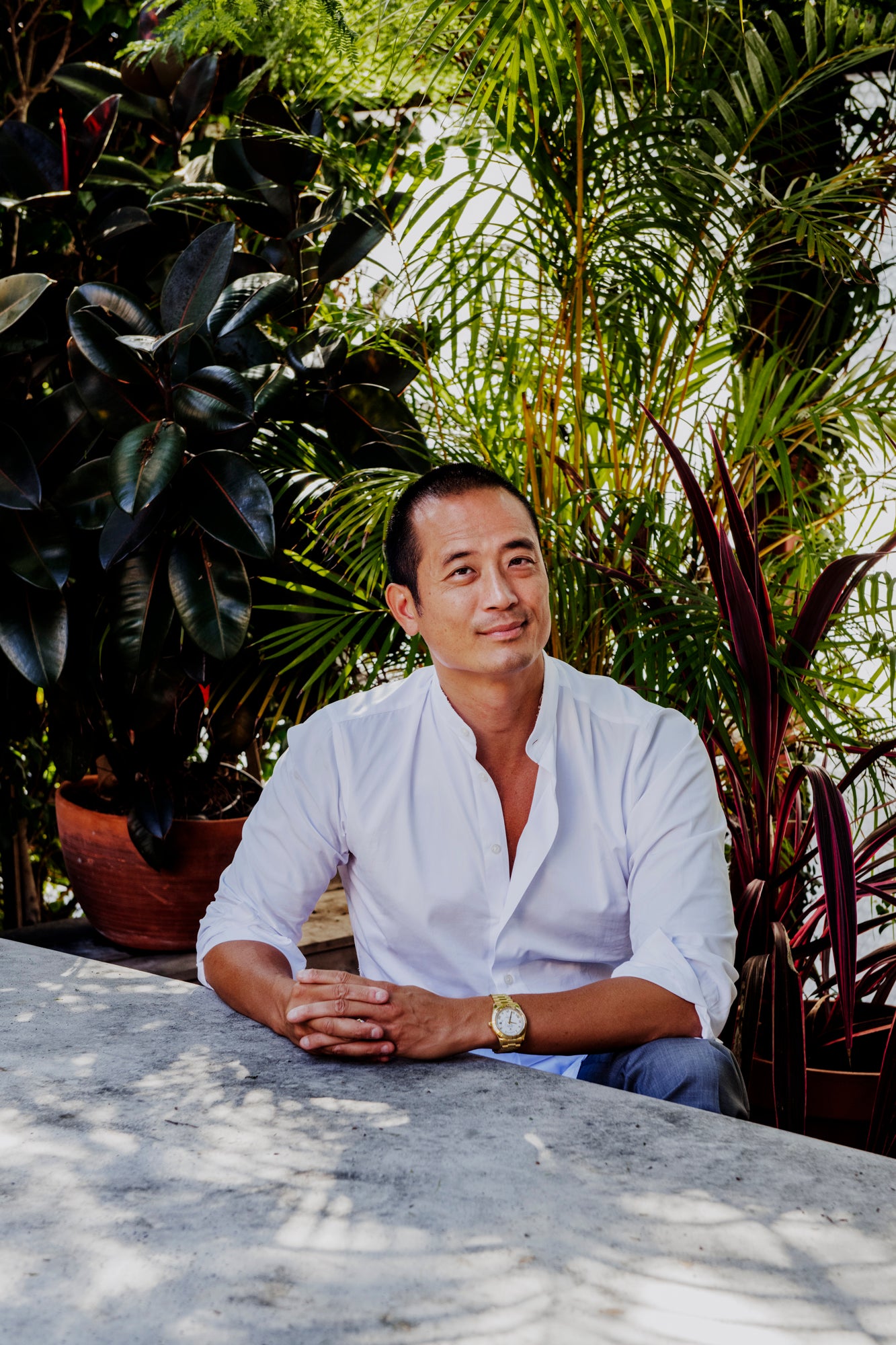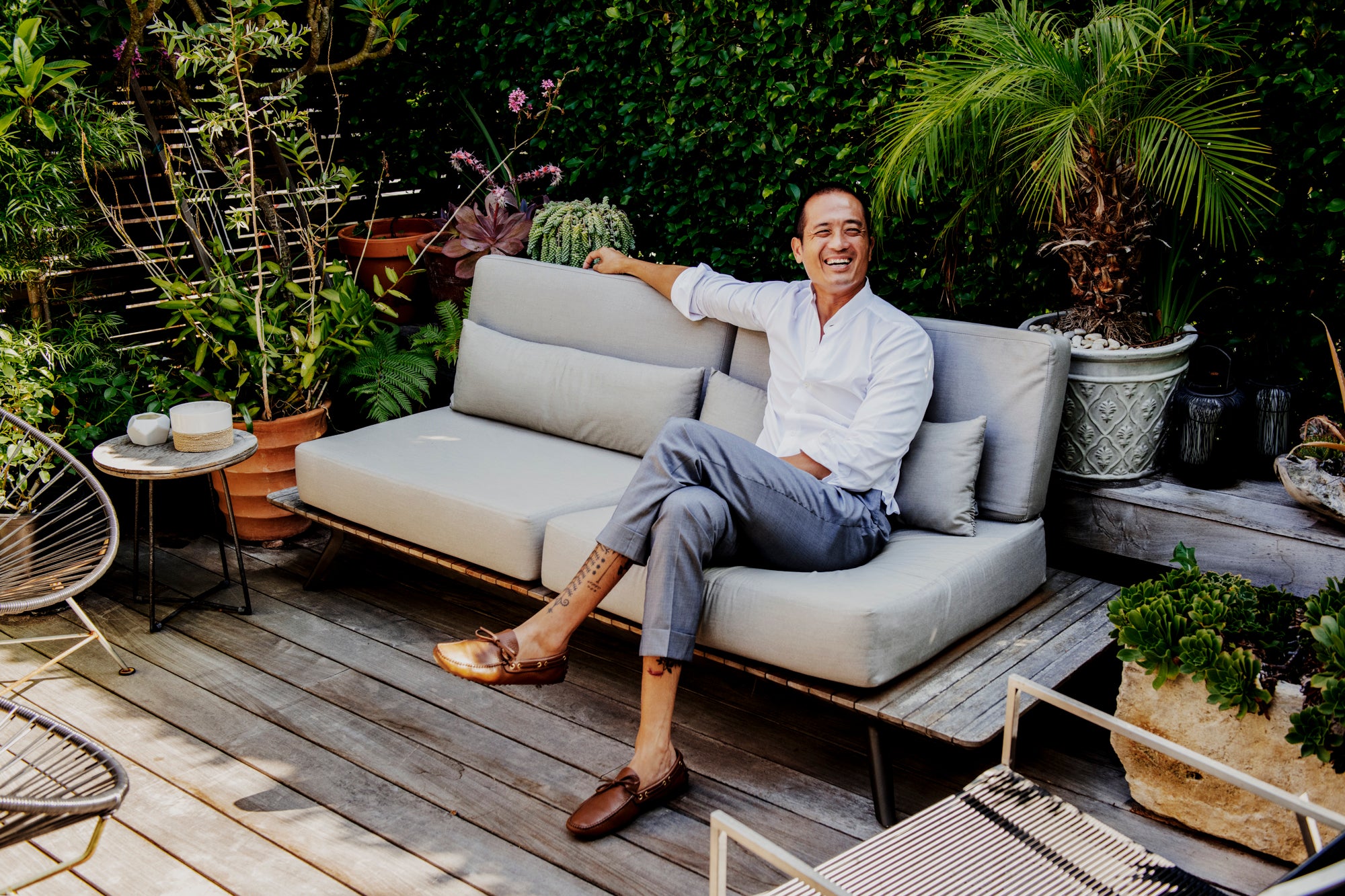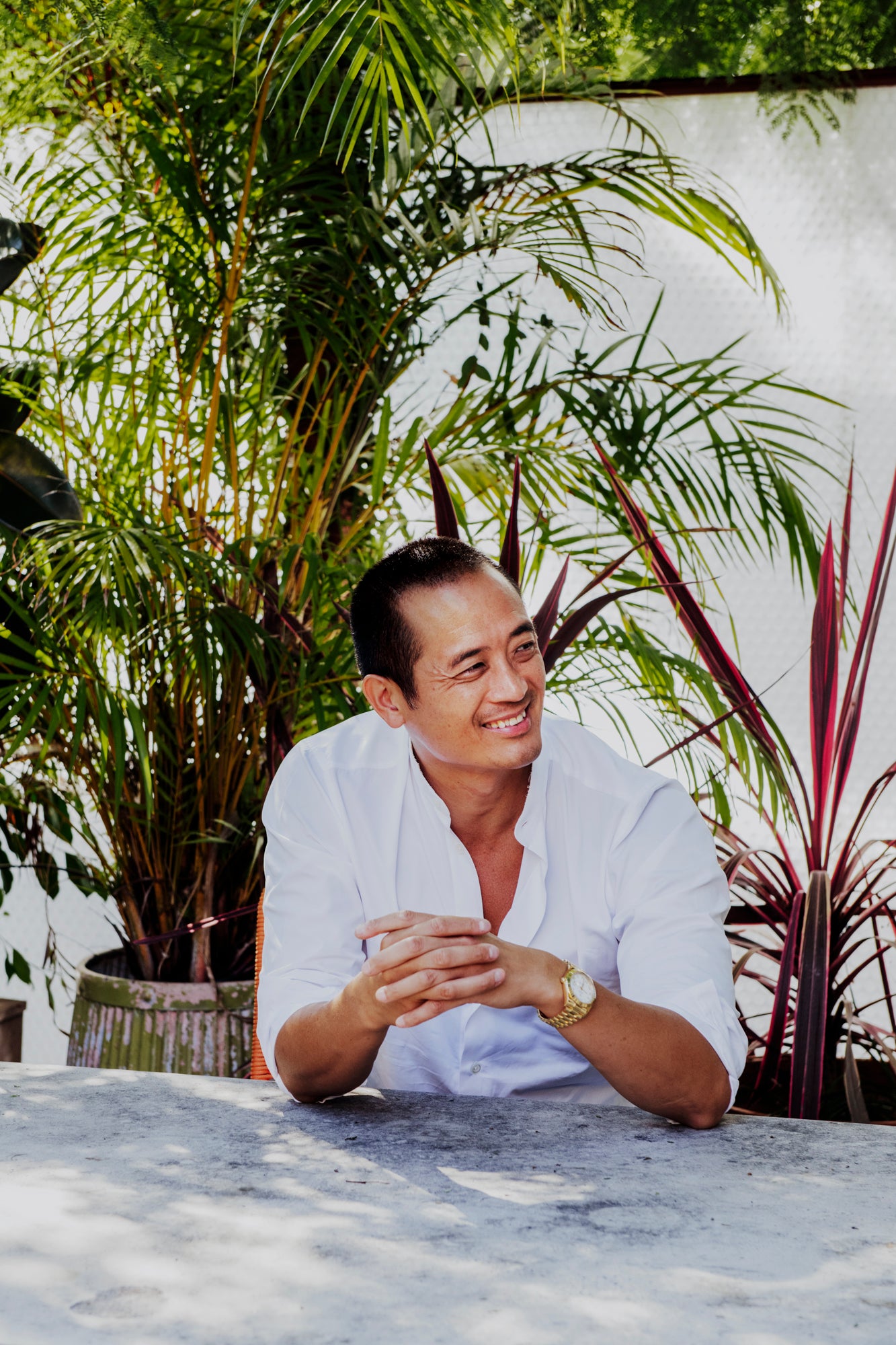
The co-founder of Beboe on going from vet school to vaporizers, Italian life, and why everyone should know what it takes to grow weed.
AS TOLD TO GOSSAMER
I grew up very poor in East L.A., in an area where everyone was either in an Asian gang or a Mexican gang. That was what growing up was about. But I never joined one because my mother would’ve killed me. She was a single parent and instilled the fear of God—and mostly her—in both my brother and me. Her rules: get good grades, go to church, become an Eagle Scout and excel in sports. Even if I wanted to join a gang, I didn’t have time to. I wrestled, did judo, and played basketball. But everyone I grew up with was in one. When I was 16, my friend was shot and killed. That kind of stuff. That said, growing up in East L.A. was wonderful. It taught me about hand work, grit, and determination.
When I was 17, I went to UC Davis to become a veterinarian. I went up there with a bunch of cowboys and didn’t realize that veterinary medicine was livestock and not for animals like dogs and cats. So after milking a couple of cows and castrating some sheep, I decided it wasn’t for me and moved down to Berkeley and studied corporate finance.

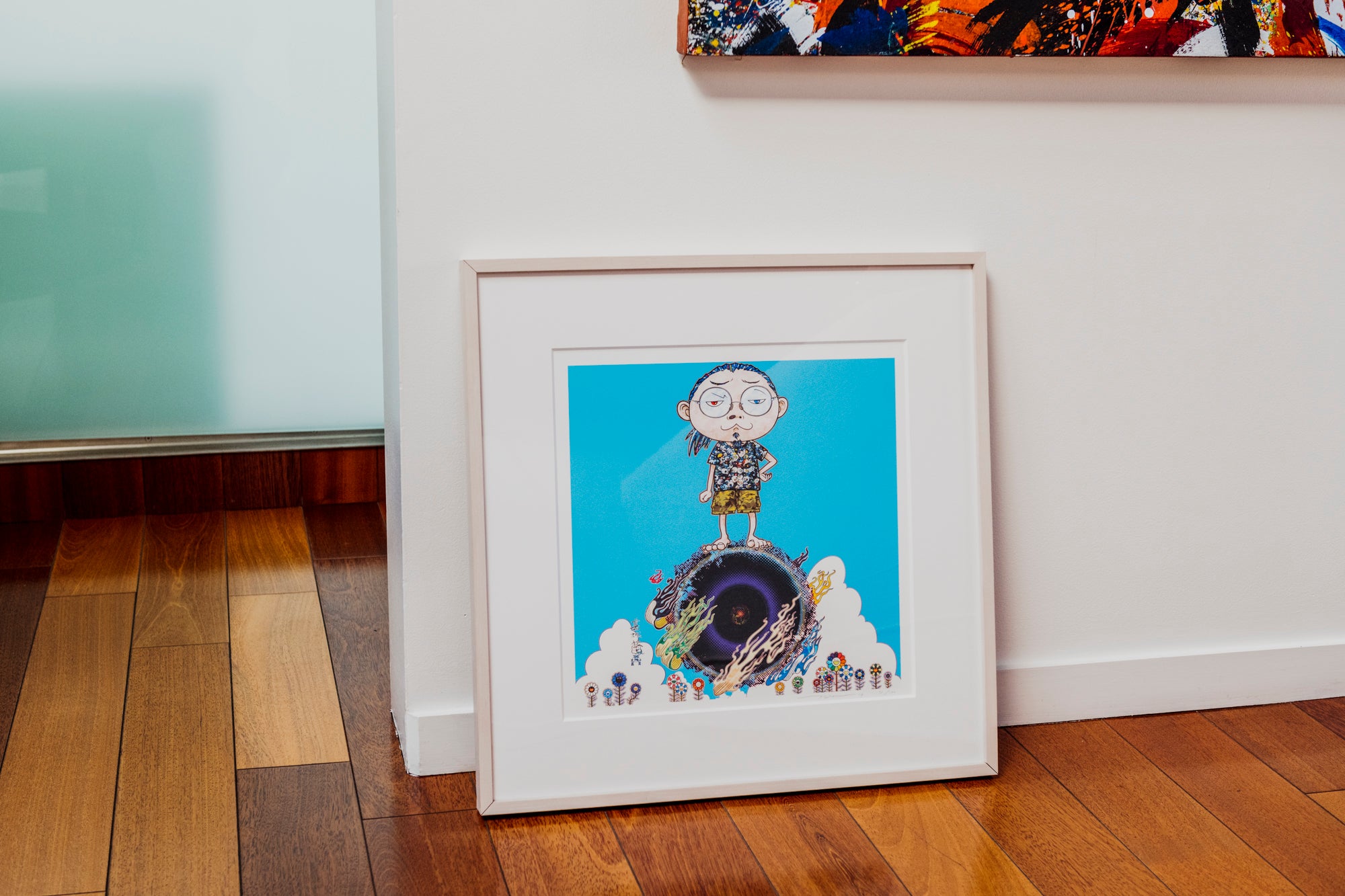
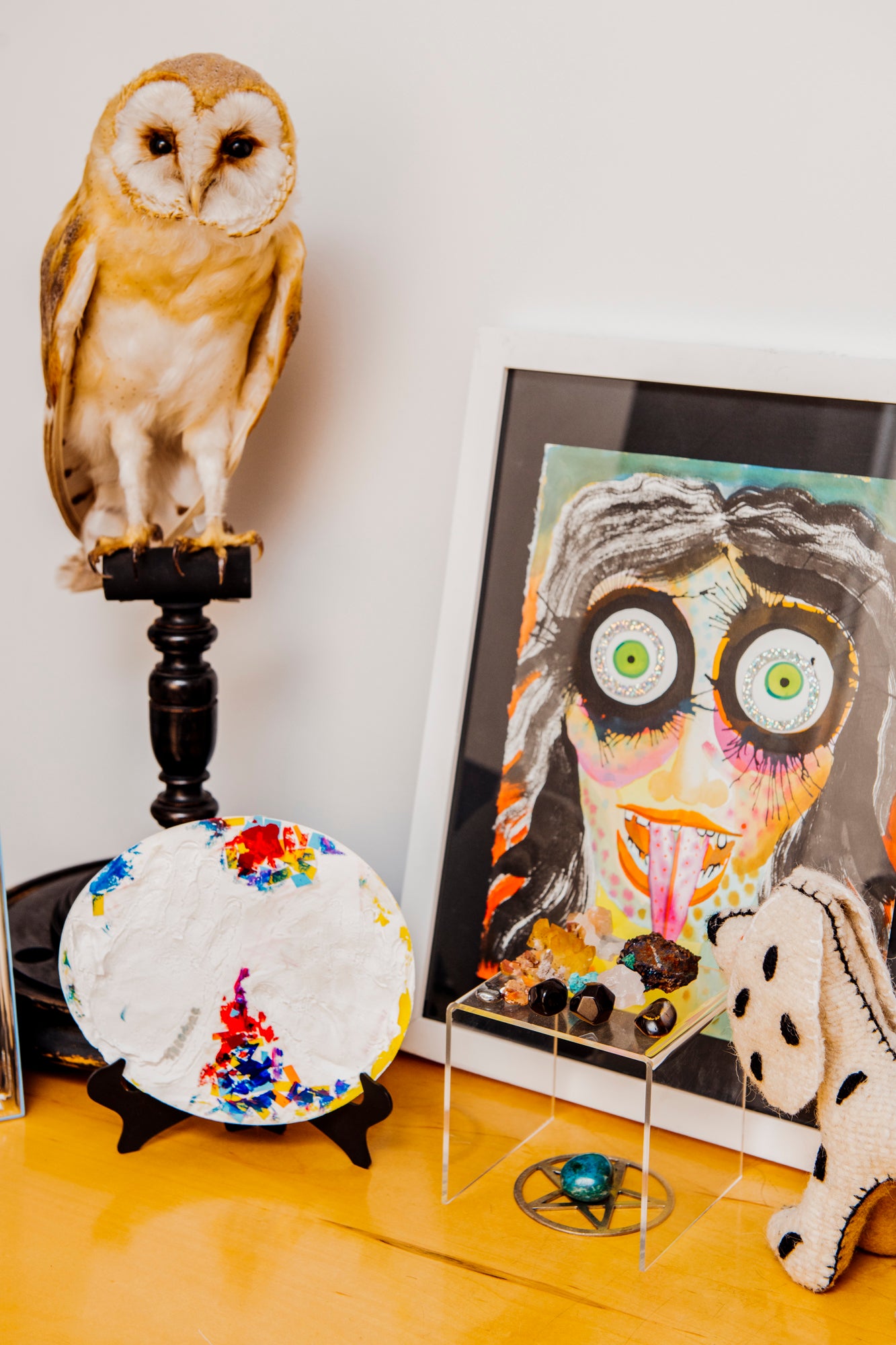
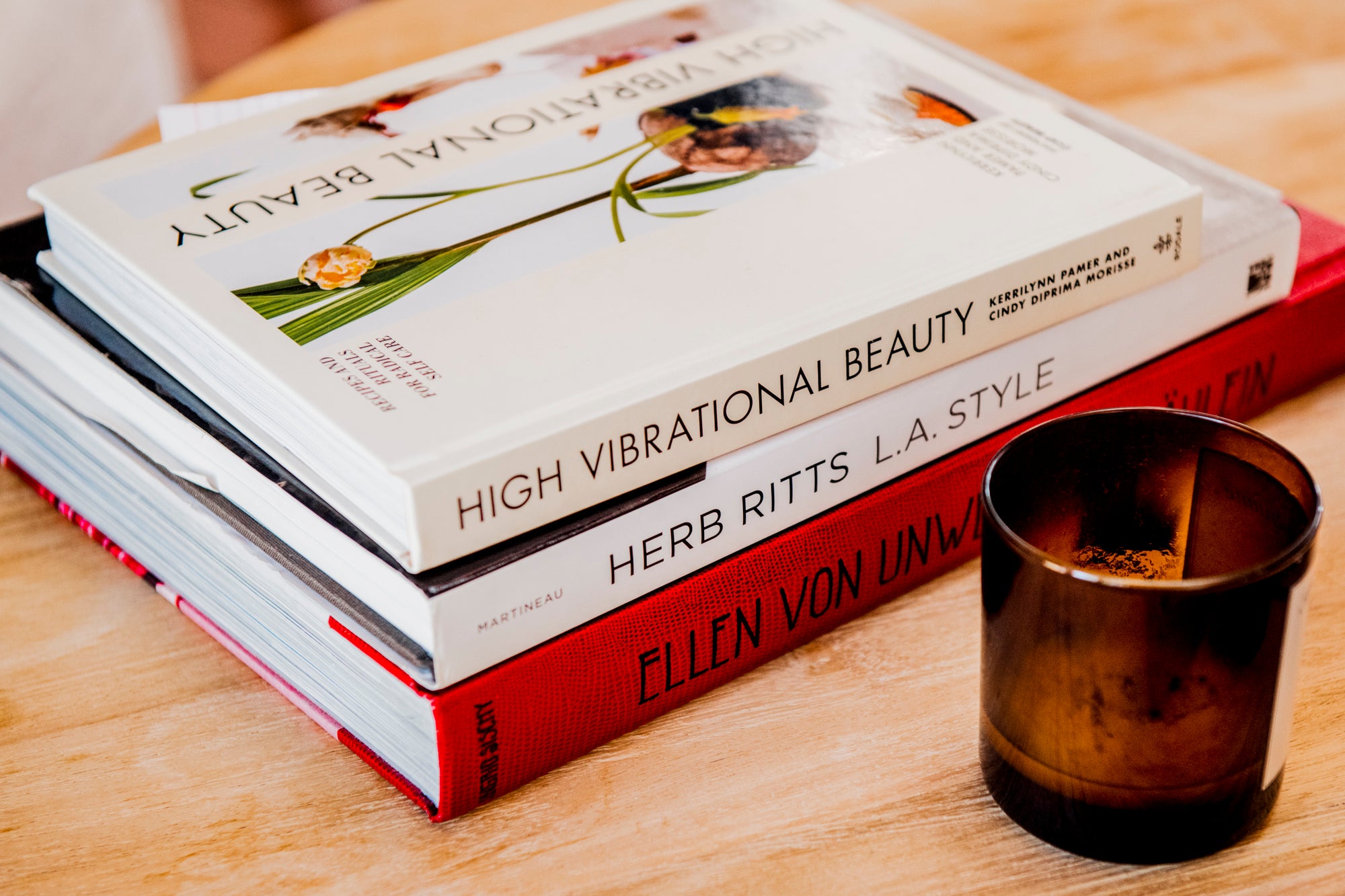
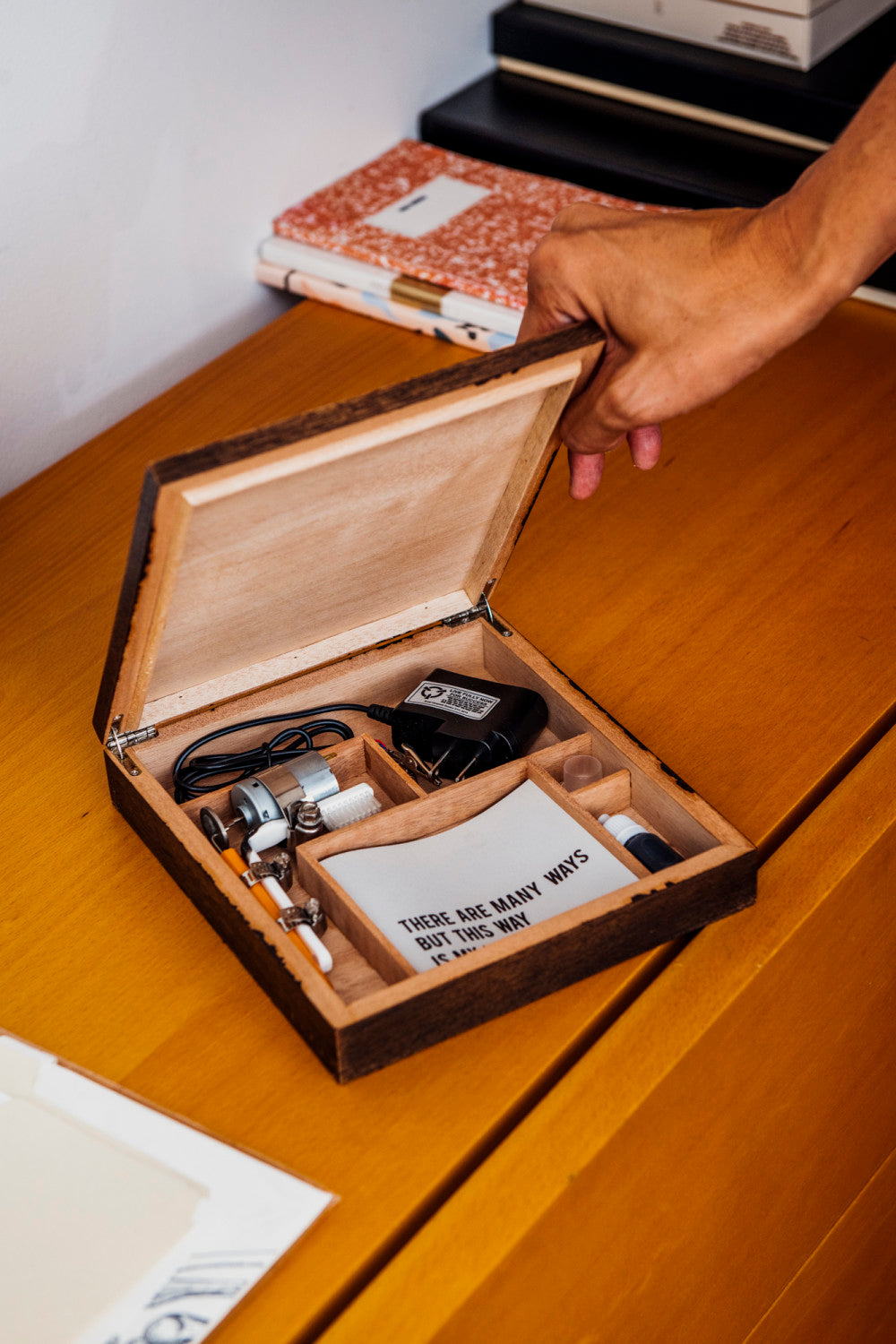
With Beboe, we are trying to inject levity into an industry that needs a little levity.
